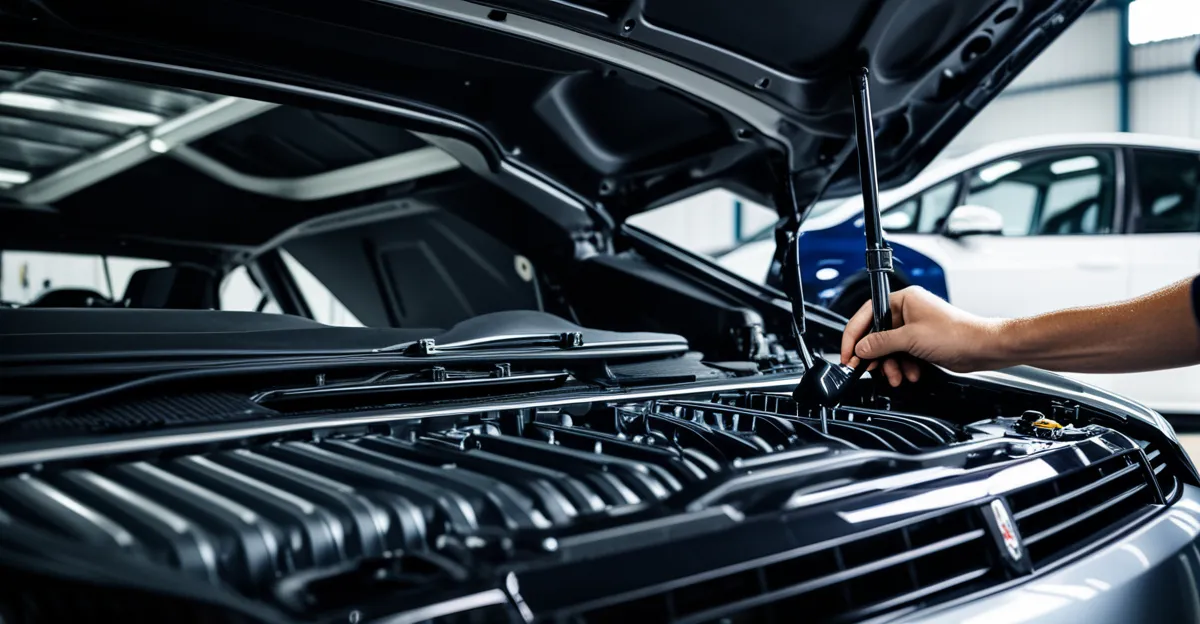Technical and Infrastructural Barriers to Renewable Integration in UK Automotive Manufacturing
Integrating renewable energy into the UK automotive sector faces significant technical challenges. Retrofitting manufacturing plants, originally designed for traditional energy sources, demands complex adjustments. The cost and difficulty of installing solar panels, wind turbines, or biomass systems at existing factories can be prohibitive. This limits the pace of renewable energy integration, as manufacturers weigh expenses against operational needs.
Current energy storage technologies further restrict effective renewable use. Manufacturing processes require a consistent power supply, but energy storage infrastructure capable of managing the frequent demand spikes in car production is limited. Grid systems often cannot accommodate intermittent renewable generation efficiently, which creates obstacles in maintaining energy reliability for automotive operations.
Additional reading : How Has Brexit Affected the UK Automotive Industry Market Trends?
Compatibility issues also arise when renewable technologies must fit with established manufacturing processes. Many production lines depend on steady, high-intensity power flows; integrating renewables can disrupt this balance. Thus, the cost and technical effort to synchronize renewable energy systems with traditional equipment remain key infrastructural barriers. Without addressing these, the UK automotive sector’s shift toward greener energy sources will be slow and uneven.
Economic Factors Affecting Renewable Energy Adoption
Balancing cost implications stands as a substantial hurdle for renewable energy integration in the UK automotive sector. The upfront investment required for retrofitting manufacturing plants often involves significant capital outlay. These renewable installations demand not only initial funding but also ongoing operational expenses such as maintenance and energy management systems, which can strain budgets already tight from production demands.
Also to read : How are UK car manufacturers adapting to the shift towards digital retailing?
Automakers face considerable economic challenges due to uncertainties in the return on investment. The variable nature of renewable energy prices adds complexity to long-term financial planning. For example, the fluctuating costs of solar panels or biomass technologies make it difficult for factories to forecast expenses accurately, increasing the risk associated with large-scale renewable investments.
Additionally, the scale of energy consumption in car production means that even modest price changes in renewable energy can impact overall manufacturing costs substantially. This volatility can deter investment, as manufacturers seek stable, predictable energy costs to maintain competitiveness. Thus, the interplay of renewable investments and fluctuating energy prices forms a critical economic barrier to widespread renewable energy adoption in UK automotive manufacturing.




